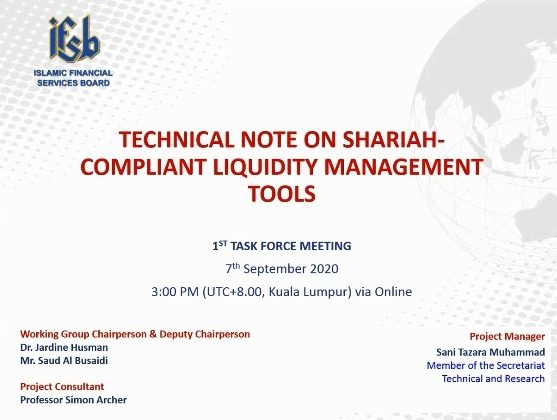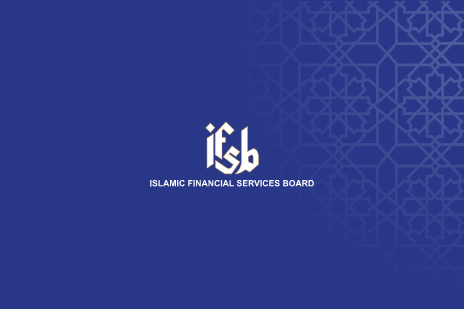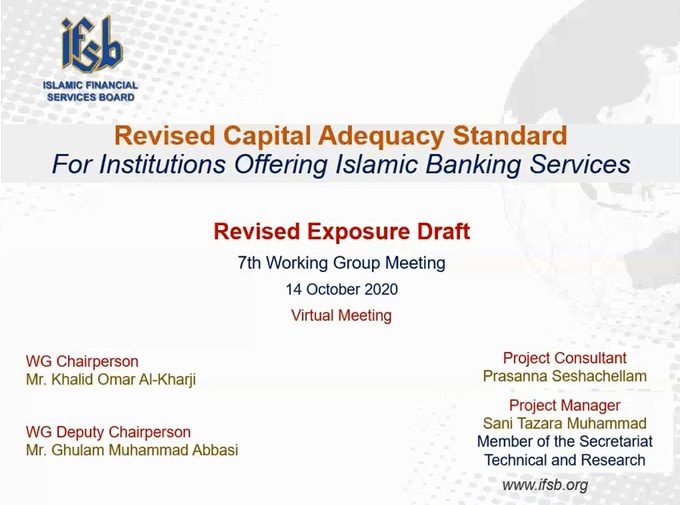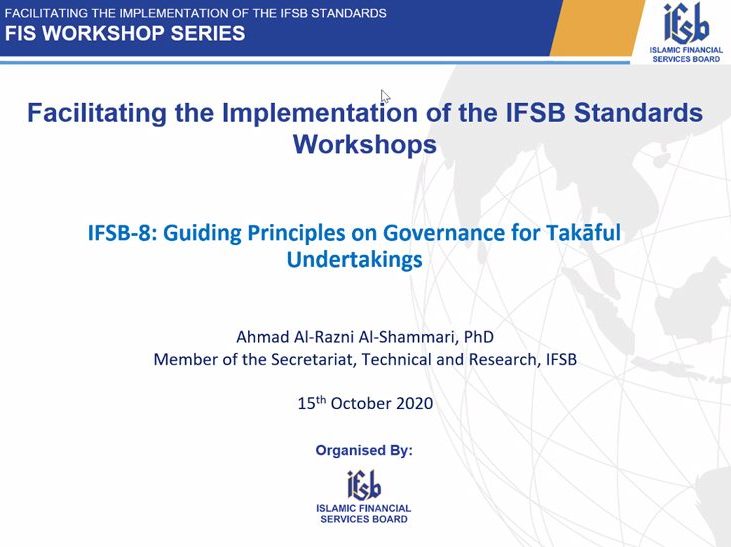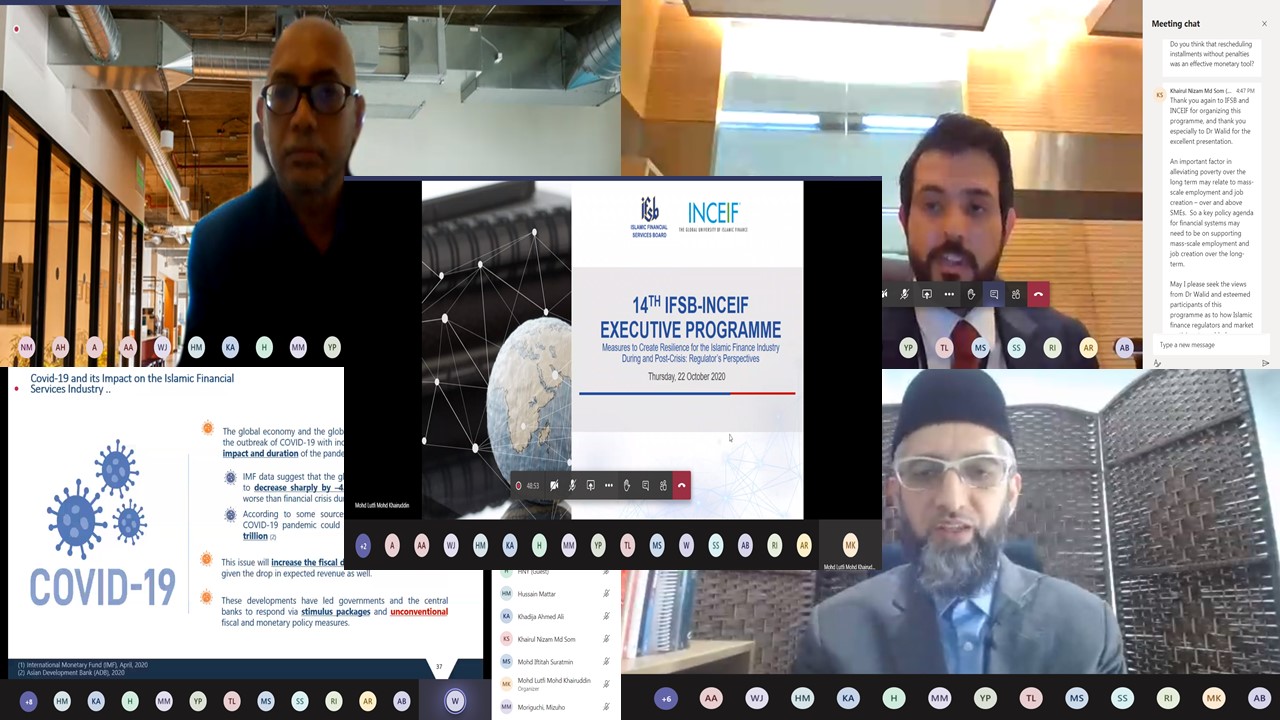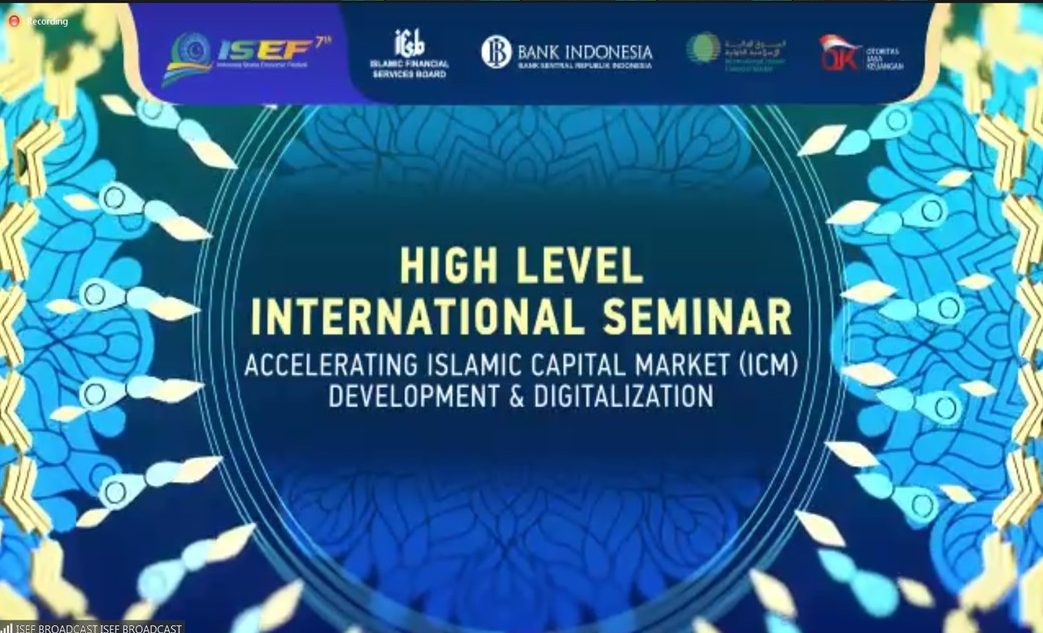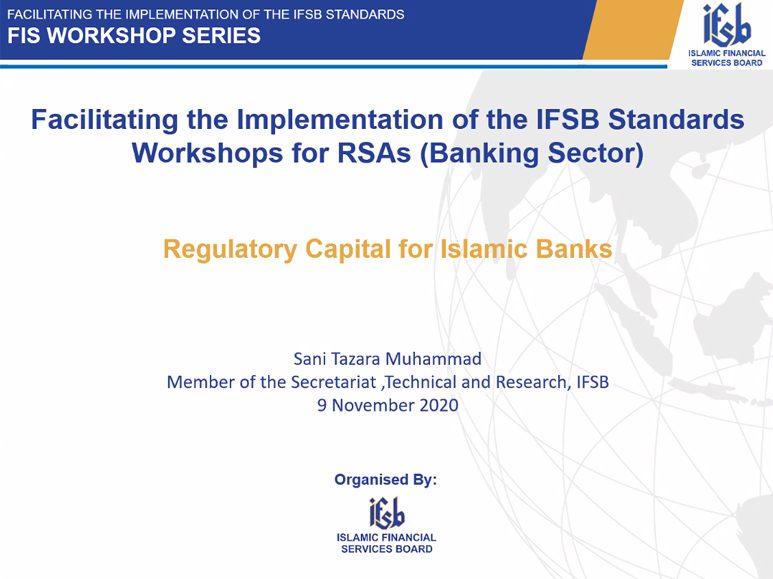The COVID-19 pandemic and the measures taken to prevent its spread have had an increasingly significant impact on the global economy and the global financial markets. As part of policy responses to the pandemic, regulators have cut interest rates significantly that have created further incentives for investors to search for higher yield, leading to stretched valuations in some asset markets. Although accommodative conditions have helped contain near-term downside risks to the global growth, they have also fuelled a further build-up of financial vulnerabilities. Many IFSB and IIFM members have had to take a range of extraordinary regulatory and supervisory measures to alleviate the impact of COVID-19 on financial stability in their jurisdictions and preserve the orderly functioning of financial markets. Capital market development becomes important in preserving the financial markets with the robust governance. In line with that development, Islamic Capital Market (ICM) space is also considered by the regulators in the Islamic finance jurisdictions to function orderly in the financial market. Besides, ICM is ensured to function as a good intermediary for the real sector development that can help to fuel the economic growth. Against that backdrop, due to the pandemic, the rapid technological development in ICM space is taking place to develop a more inclusive, innovative and efficient capital market. Some government authorities have streamlined the ICM in their national agenda to deepen the Islamic financial market through innovative ICM product development by embracing technology particularly fintech throughdigitalization. Additionally, while governments, central banks, regulators, and international organizations have moved rapidly to address the immediate effects of COVID-19, questions remain on how policies on ICM governance and digitalisation should continue to evolve to preserve well-functioned financial market. Hence, this high level international seminar will be a timely platform for the stakeholders to discuss productively on how to address ICM development appropriately due to COVID-19 pandemic event and also rapid technological development. For registration, please click here. Event Snapshots Programme - Event Session(s) Date Time Topics Day 1 30/10/2020 14:30 - 15:00 Opening Remarks 15:00 - 15:30 Keynote Address 15:30 - 17:00 Session 1 – Panel Discussion: ICM Advancement as a Catalyst for Islamic Financial Market and Real Sector Development to increase the roles of ICM in the midst of pandemic Key highlights of the global macroeconomic environments and Islamic financial market current conditions as the ecosystem for ICM. Exploring the new benchmark rate for pricing the Islamic securities. Unlocking opportunities for ICM to advance with innovative products and regulations that supports Islamic financial market and real sector development with a robust governance. 17:15 - 18:30 Session 2 – Digitalisation of ICM and Market Code of Conducts Current state of the art technology of the ICM. The importance of embracing digitalization to spur the growth of ICM. Smart contract in advancing the Islamic capital market development. Downloadable Document(s) Event Session(s) - PDF Format
